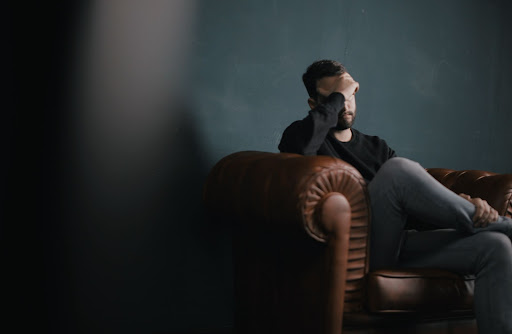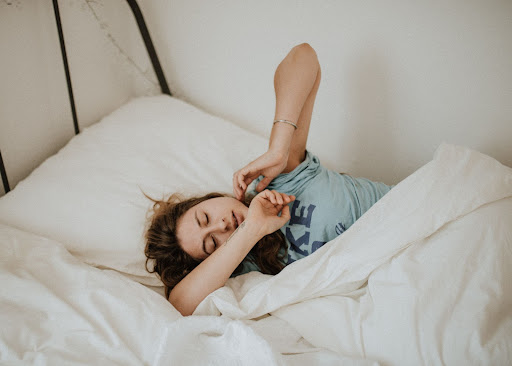
Constant Headaches? Your Dentist May Be Able to Help.
March 25, 2022
5 Tools and Techniques at the Frontier of Modern Dentistry
April 15, 2022When you wake up after a full night of rest, do you feel just as tired as before? If this sounds familiar, you may be suffering from obstructive sleep apnea (OSA).
When you fall asleep, muscles hold the airway open and naturally relax. However, OSA occurs when your throat muscles sporadically relax too much and block your airway, which leads to repeatedly stopping and starting breathing as you sleep.
Thankfully, this condition can be treated with medical intervention. If you are experiencing any of the following symptoms, schedule a sleep apnea consultation at our Atlanta clinic as soon as possible.
Excessive Daytime Drowsiness
Despite getting the recommended seven or more hours of rest each night, you may feel frustrated if you still feel tired when you wake up. Excellent sleep quality is just as important as how much rest you get at night. All sleep is vital, but REM (rapid eye movement) plays an essential role in memory consolidation, emotional processing, brain development, and wakefulness.
Unfortunately, sleep apnea disrupts sleep patterns for a few seconds at a time, and people with severe OSA may wake up more than 30 times per hour. Because OSA lapses are so short, the sufferer may not notice that they are waking up repeatedly throughout the night and may leave you feeling sleep-deprived. Unless you’re awake for longer than a minute, you likely may not notice being startled.
When OSA lapses happen during REM, it’s common for you to move to a lighter sleep cycle to help kickstart breathing. Consequently, people with sleep apnea tend to spend less time in REM sleep and suffer from excessive daytime drowsiness.
Gasping or Choking in the Middle of the Night
While others don’t notice pauses in breathing, some wake up feeling like they are being choked or gagged. Because obstructive sleep apnea causes the airway tissue to collapse, people can accidentally choke on their throat tissue. The body begins to panic when this happens, and adrenaline kicks in. Immediately, the chest starts to work again, and the heart beats faster, which could wake a person up for a few seconds. After the initial shock, the body goes back to sleep, and this cycle could happen multiple times per hour.
Loudly Snoring
Heavy snoring can indicate the chief symptom of obstructive sleep apnea, occurring in 70% to 95% of patients. While snoring is one of the most prevalent signs of sleep apnea, snorers don’t always have the condition. Albeit annoying and highly disruptive, snoring on its own is usually deemed a harmless sleeping habit. It’s worth seeing your dentist for further medical evaluation if you snore coupled with excessive daytime drowsiness or pausing breathing during sleep.
Speak with Our Grant Park Dentist About Treating Sleep Apnea in Atlanta
Although OSA is a serious condition, it is manageable with swift and appropriate intervention. At Smiles for Grant Park, dentist Dr. Abbey J. Lee offers moderate sleep apnea treatment by prescribing oral appliances to patients battling mild to moderate obstructive sleep apnea. Dr. Lee refers her sleep apnea patients to a specialist for more severe cases.
Are your sleeping habits causing you (or your loved ones) to suffer? If so, schedule an appointment at our Atlanta location by calling 404-328-7177 or messaging us online.


